This RAM truck is a sign of (autonomous) things to come
What's on the road ahead?
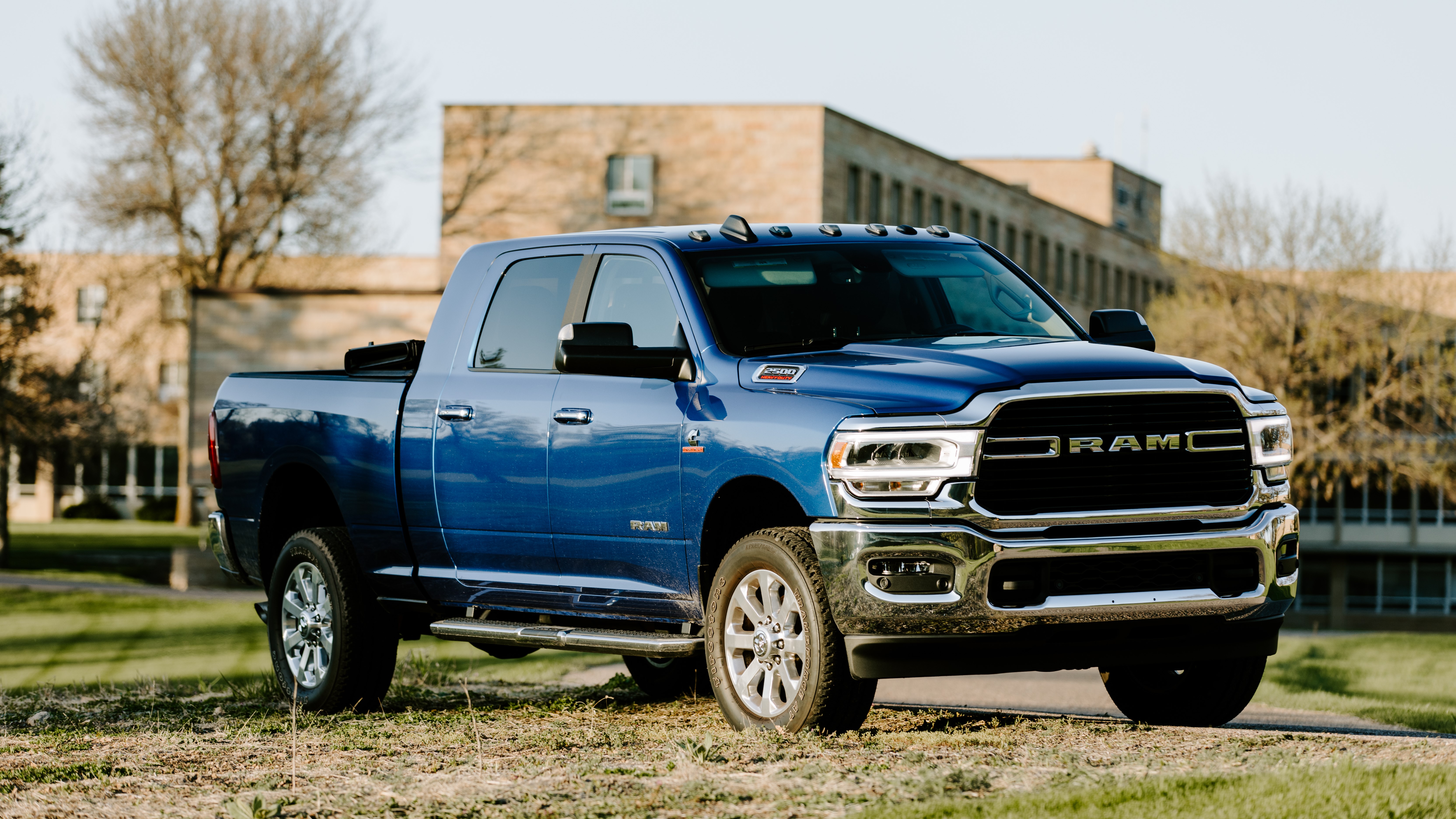
Sign up for breaking news, reviews, opinion, top tech deals, and more.
You are now subscribed
Your newsletter sign-up was successful
A seemingly low-tech feature on a RAM pick-up truck is actually a sign of things to come for those waiting patiently for the autonomous car revolution.
I recently tested the 2019 RAM Trucks 2500 Big Horn Mega Cab 4x4 – a monolithic beast that looks comically taller and bigger than most pickups on the road. When you use the navigation system, a feature called the Highway Panel appears on the right side of the display.
As you might guess, this isn't meant to be a cutting-edge feature, like something you’d find in an Audi or a BMW. Trip computers, as they’ve been called for decades, are not new. Yet, the panel hints at things to come in the near future.
As you drive, the Highway Panel shows real-time information about points of interest. For example, it shows the miles and minutes left to drive before you reach the next exit. If there is a gas station coming up, you’ll see an icon appear. The panel also shows icons for points of interest like a repair shop and a restaurant.
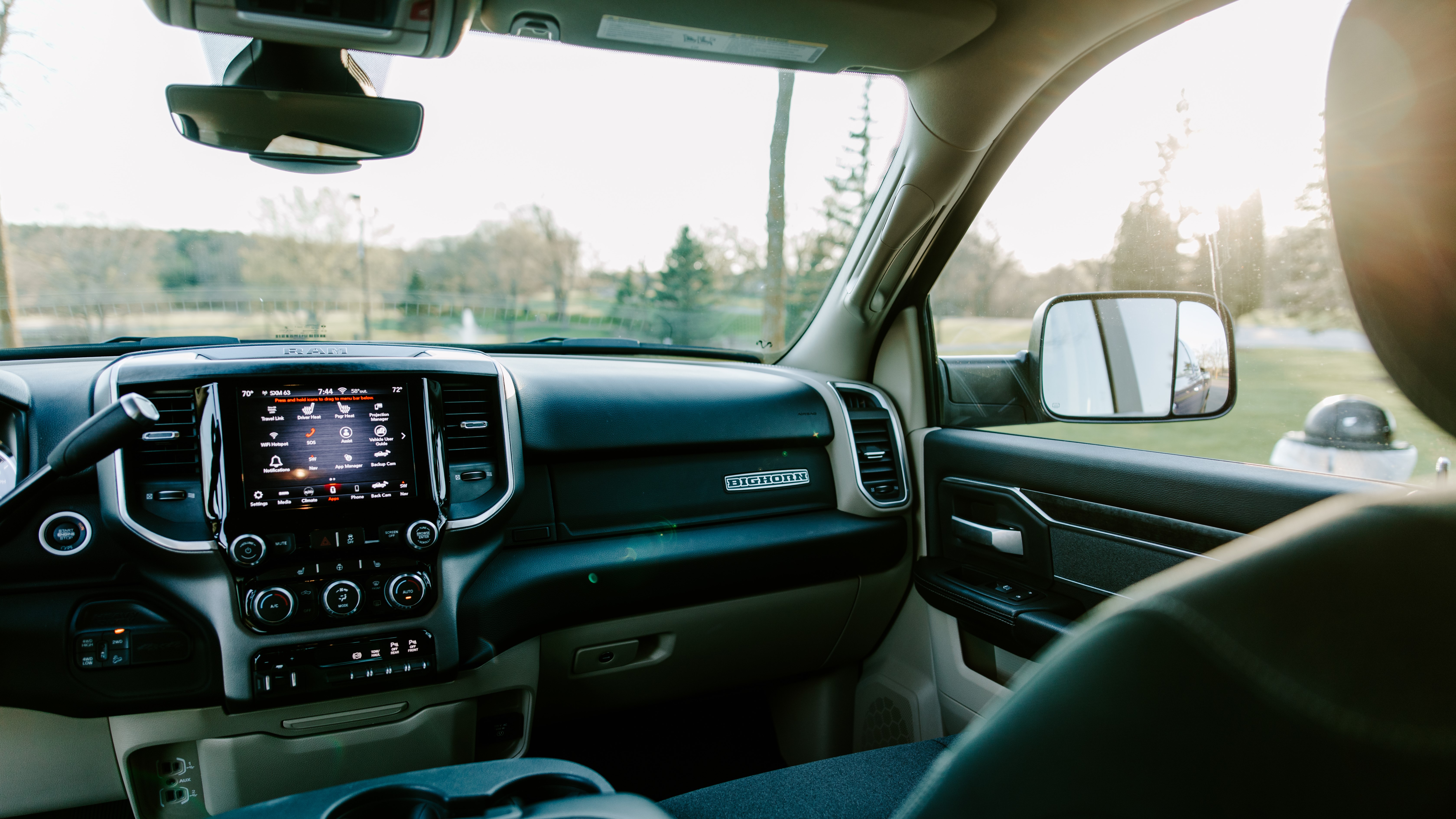

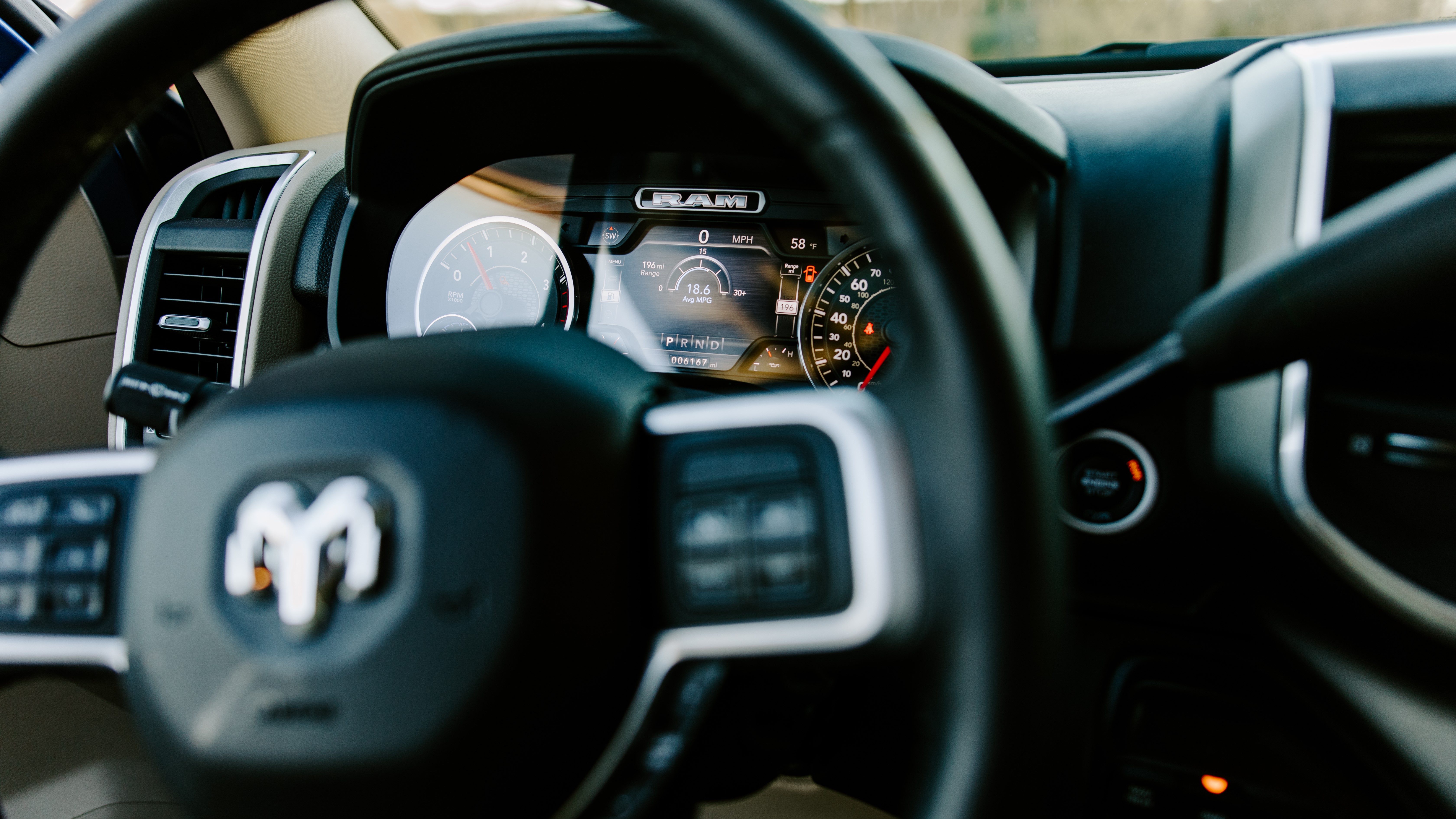
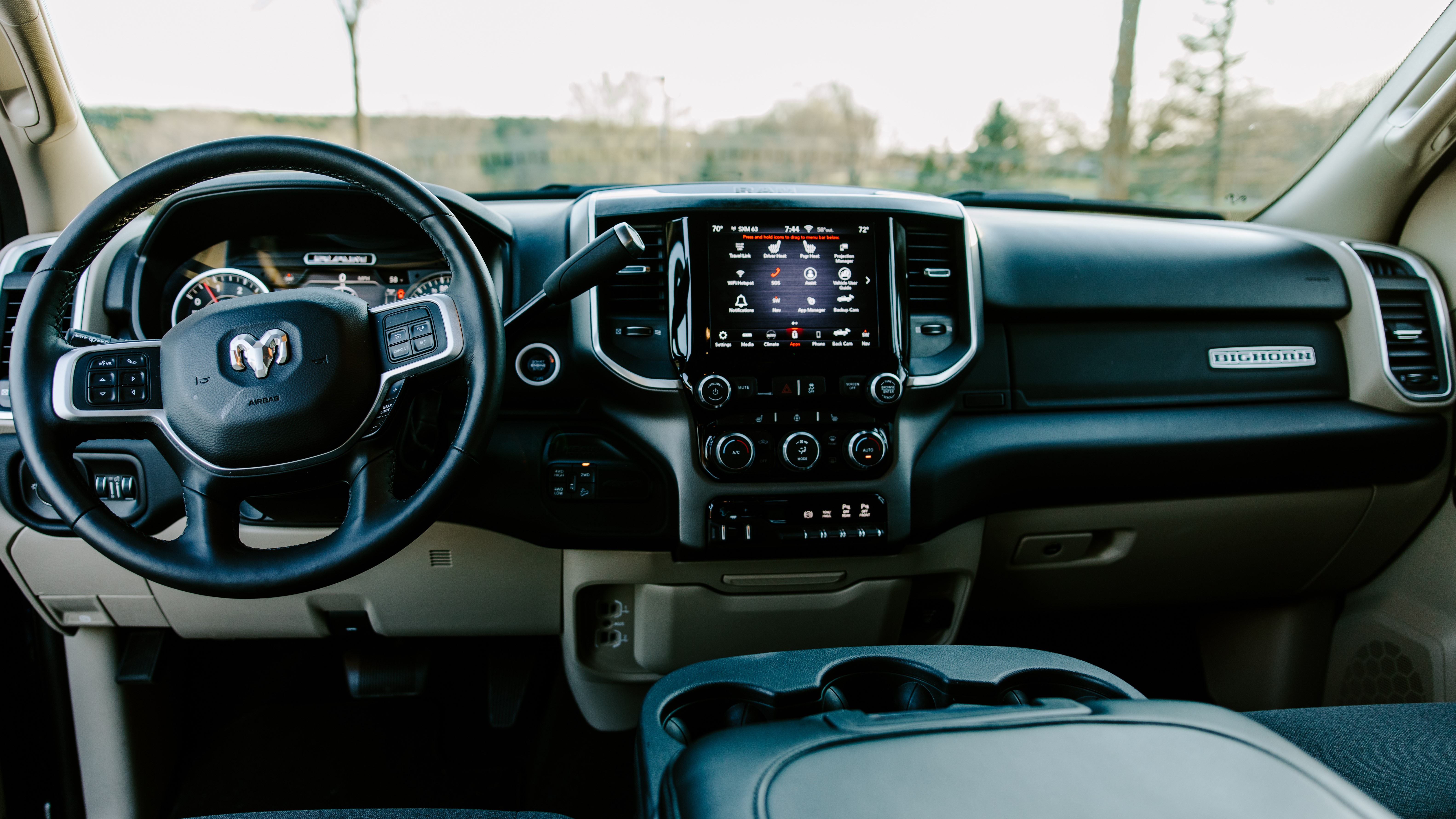
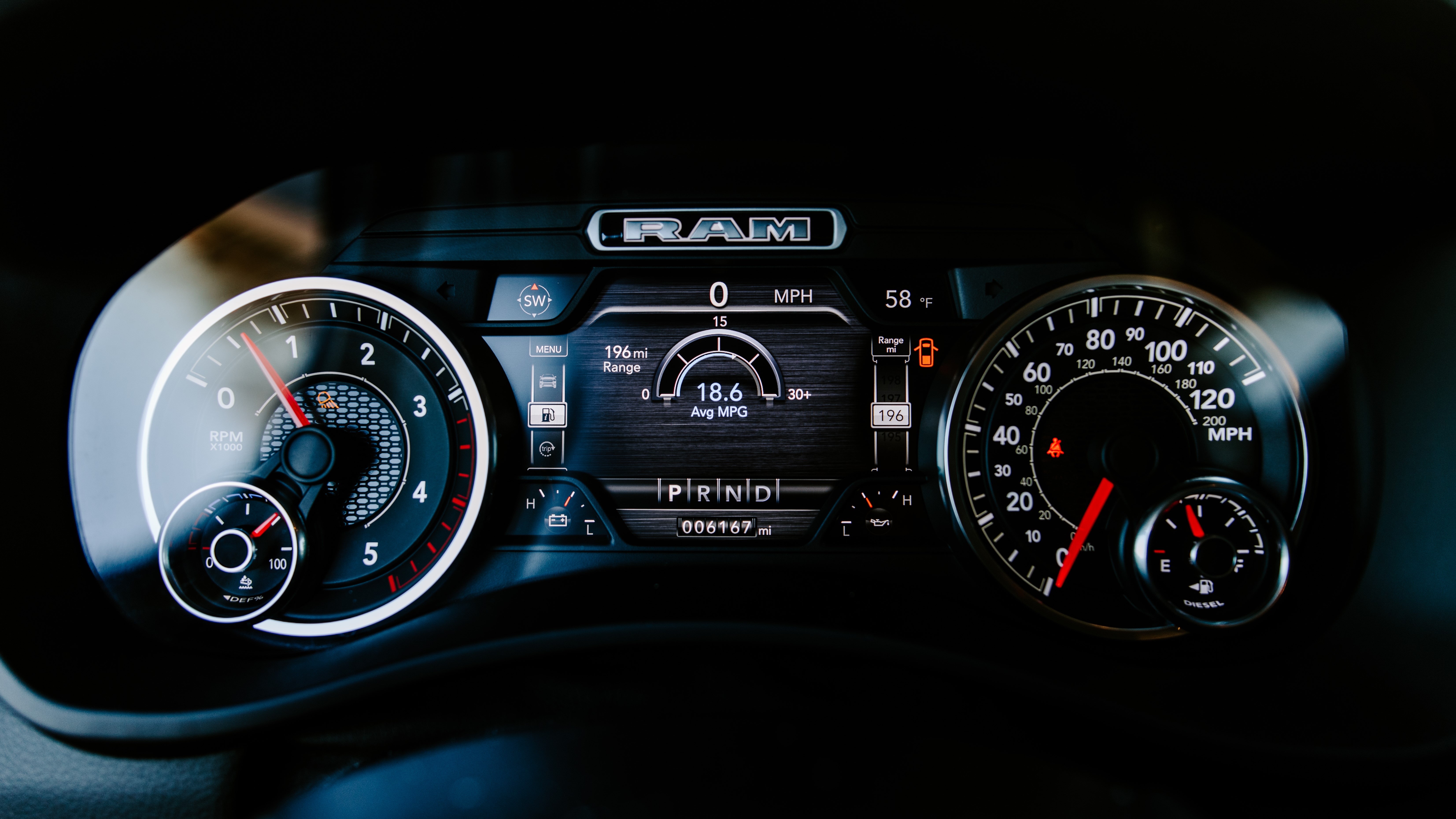
What I liked about the feature is that it didn’t require any clicking or swiping. The panel appears automatically as part of the main nav window. I used it to plan for my next stop on the highway for gas, and for finding a place to eat. Again, it’s not even meant as overly innovative, and I’ve seen variations of this type of trip computer in many cars over the years.
What’s different is that you don’t have to wade through any menus, the icons are subtle and not confusing, and it’s useful because it is just a side panel on the main nav map.
A virtual family friend
As we inch forward with self-driving car tech, the Highway Panel is more prescient than you might think. It knows which points of interest are coming up, but more importantly it presents this info in a way that is not obnoxious or distracting. In the future, cars will know more about our interests and preferences, but will hopefully stay smart and subtle in how this info is presented.
Sign up for breaking news, reviews, opinion, top tech deals, and more.
Here’s an example. Say you are on a long road trip. If the vehicle had access to your credit card activity (securely, of course) it would be easy to know which restaurants you like, which gas stations you usually go to, and even when you last stopped to eat. A gentle reminder about a Five Guys coming up at the next exit would be much safer, helpful, and efficient than making multiple suggestions for places you would never like anyway. With autonomous driving, I envision a future where the car knows us better than say, a co-worker or even a family friend.
The car will have to think for us in more ways than just staying in a lane and braking on cue. Instead, it will need to know what we like and what we normally do. We might be asleep at the time or working on a laptop. Cars will become much more aware of how we normally drive, where we normally go, and what we normally do.
In my case, a car would know I prefer the Kwik Trip gas station, so why bother providing information about any other options?
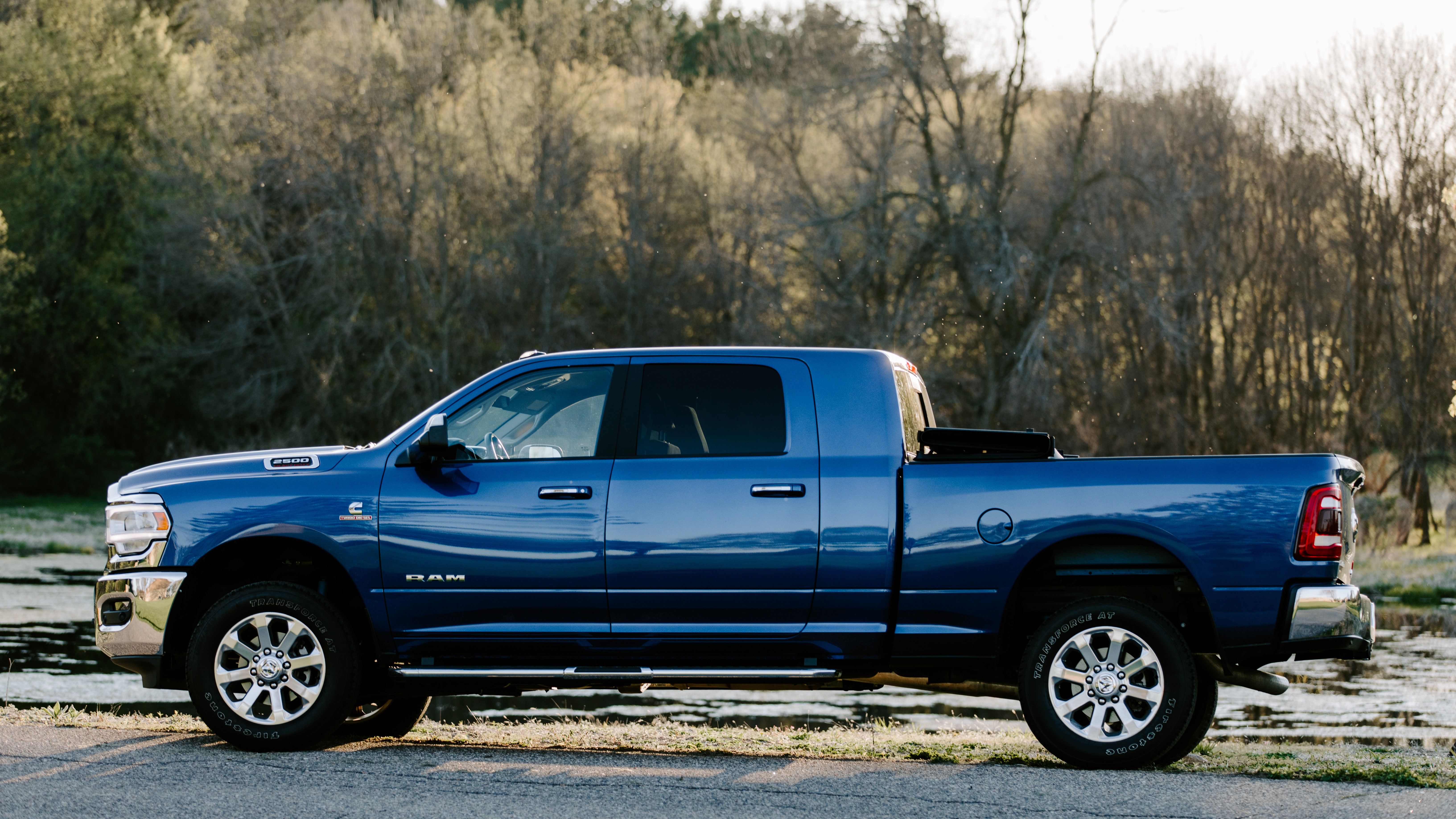
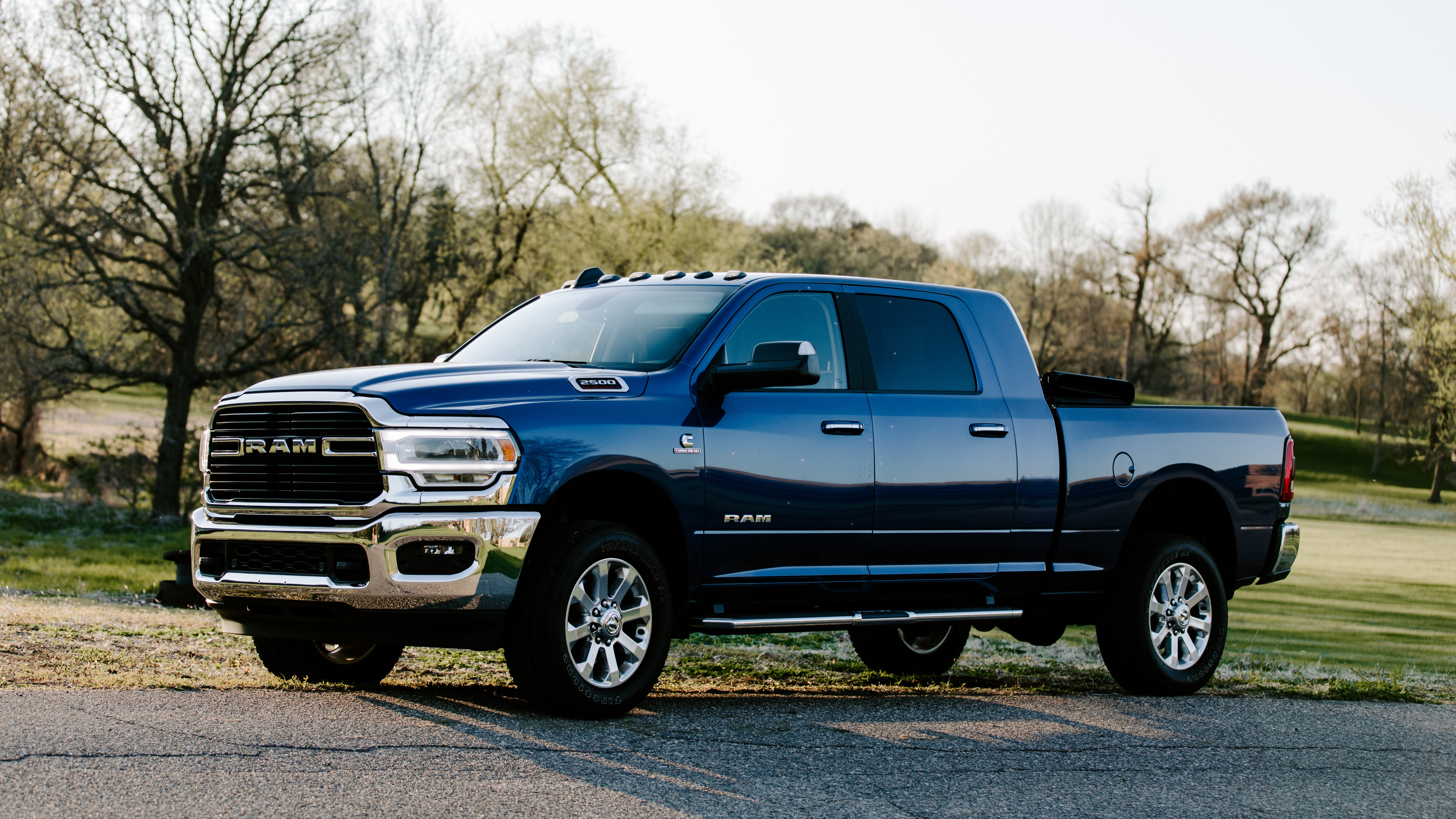
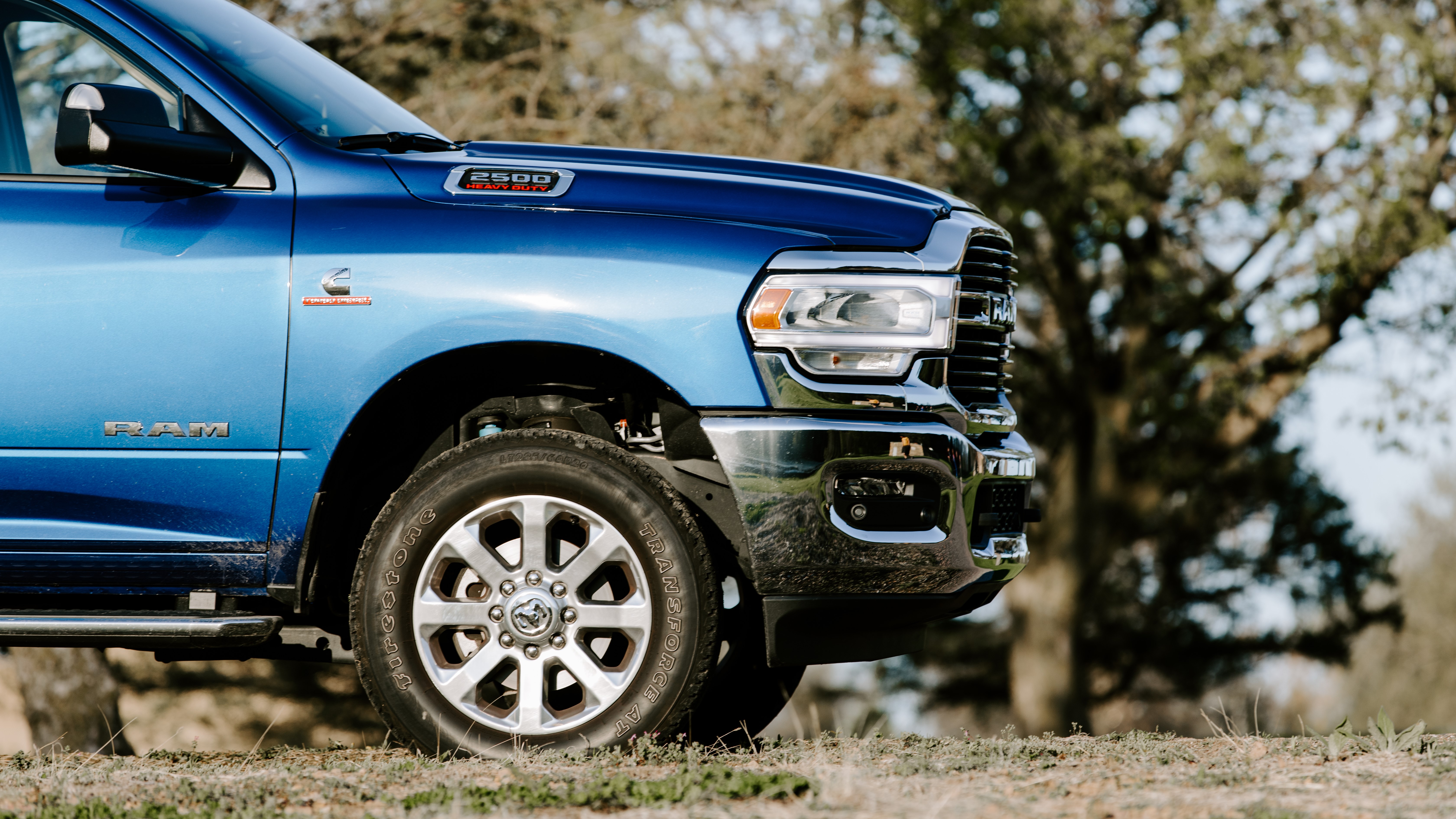
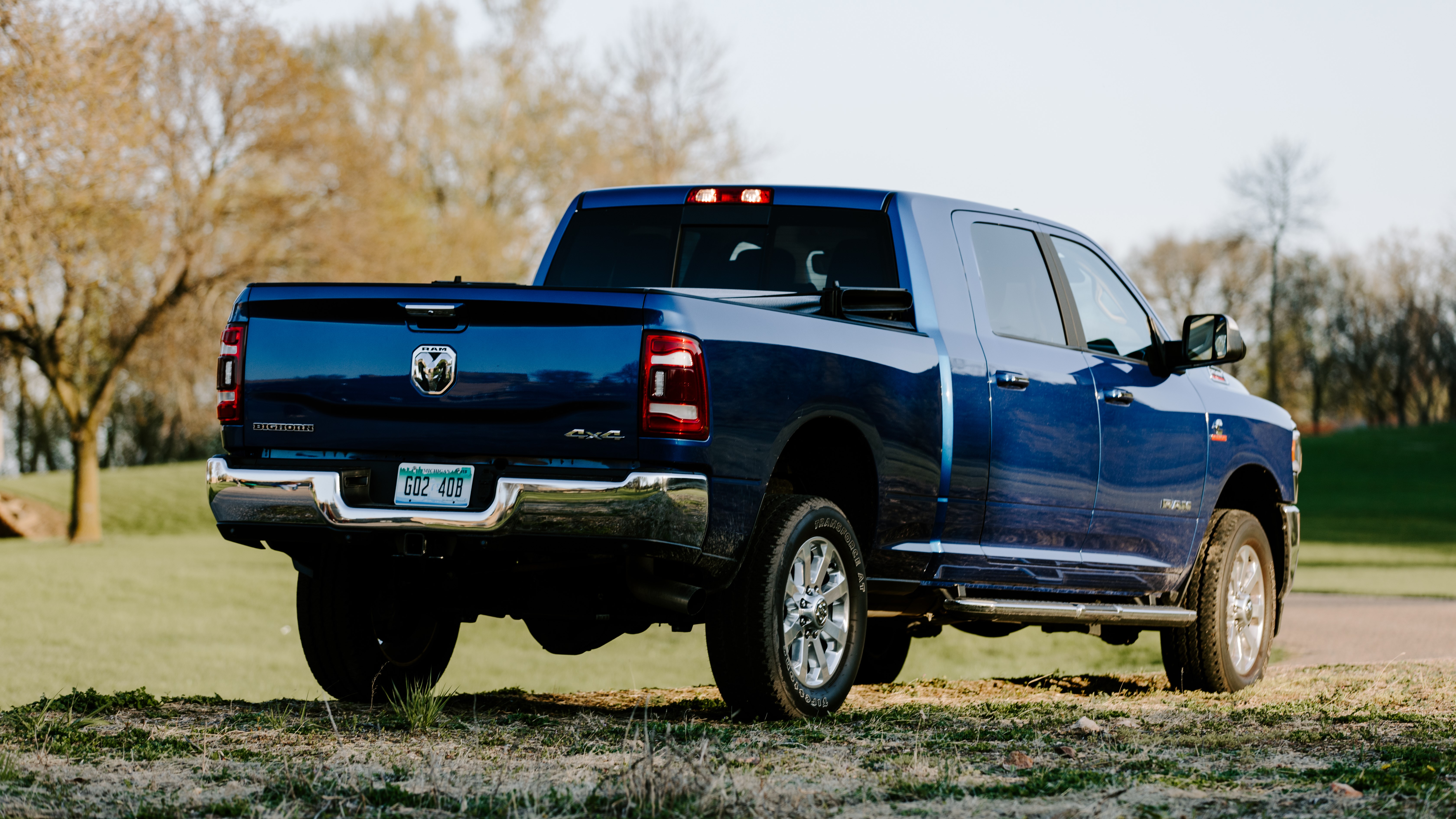
Our cars will know our work schedules, too. A 'trip computer' would figure out that we should stop for gas at a certain time and a specific location to avoid traffic or stress.
The Highway Panel in the RAM Truck will evolve into a brain that directs and guides us with more than just a note about miles and time estimates, but would advise us about routes, places to eat, things to do, traffic to avoid, and countless other variables, all without bombarding us with too much information. It will stay in the background, examining what we do in real-time.
I’m looking forward to that future scenario. As long as this brain isn’t too intrusive, if it helps me find gas and a Five Guys faster, I’ll be happy for the help.
On The Road is TechRadar's regular look at the futuristic tech in today's hottest cars. John Brandon, a journalist who's been writing about cars for 12 years, puts a new car and its cutting-edge tech through the paces every week. One goal: To find out which new technologies will lead us to fully self-driving cars.

John Brandon has covered gadgets and cars for the past 12 years having published over 12,000 articles and tested nearly 8,000 products. He's nothing if not prolific. Before starting his writing career, he led an Information Design practice at a large consumer electronics retailer in the US. His hobbies include deep sea exploration, complaining about the weather, and engineering a vast multiverse conspiracy.